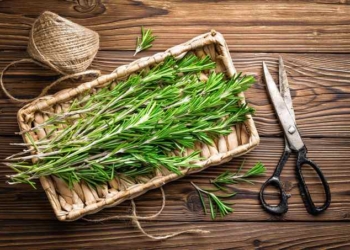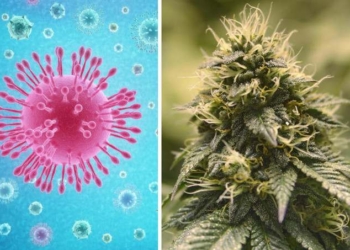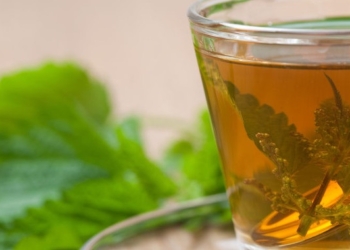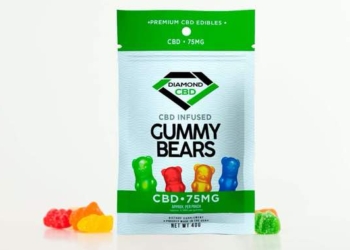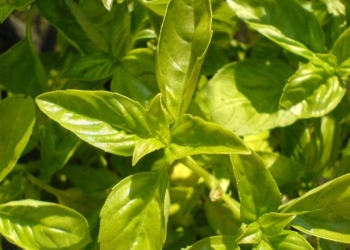Herbs, Seeds & Spices
How Can CBD Help You In Everyday Life?
Cannabidiol (CBD) is one of the two primary and naturally occurring compounds in the cannabis plant. Read on to discover...
Read moreDetailsCan Rosemary Improve Cognitive Function?
In a study of 28 older adults, those consuming a low dose of dried rosemary powder had improvements in speed...
Read moreDetails10 Common Health Benefits of CBD
CBD is very promising and already can provide benefits for people suffering from many ailments. Here are ten health benefits...
Read moreDetailsData Show Cannabis Terpenes May Slow COVID-19 Infection
Terpenes are aromatic compounds found in cannabis with known antiviral properties. New data show they may inhibit SARS-CoV-2 from infecting...
Read moreDetailsNBA Gives Green Light to Cannabis Use By Players, Won’t Test Athletes for Drugs: Report
In a clear sign that it’s high time for a change, the National Basketball Association and its players' union have...
Read moreDetailsCan CBD Oil Help You Sleep Better
CBD oil is known for its incredible effect on reducing anxiety, which in turn provides users with improved sleep quality.
Read moreDetailsCBD, Alzheimer’s and More
Research has shown that CBD could help to stimulate brain tissue and improve an Alzheimer's patient's condition. #alzheimers
Read moreDetails5 Herbs to Boost Immunity in Fight Against Coronavirus
For coronavirus protection, here are some herbs and herbal remedies available that boost immunity to an invincible level.
Read moreDetailsPromising Research Shows That Some Cannabis Strains May Help Protect Against COVID-19
Certain cannabis strains may have the potential to protect the body against Covid-19 infection, as revealed by researchers at the...
Read moreDetailsHealthy Ways to Boost Your Mood in Lockdown
In this article, we share some tips for dealing with stress from COVID-19 and boosting your mood in a healthy...
Read moreDetailsHelp Detoxify Your Body With Stinging Nettle
Nettle also promotes healthy blood circulation and cardiovascular health, alleviates allergic reactions, and reduces arthritis pain. The good news is...
Read moreDetailsWhy Are Athletes Ditching Ibuprofen For CBD?
CBD products are proving more effective for pain and anxiety relief among athletes. And the best part, it is 100%...
Read moreDetailsWhy Do People Prefer CBD Edibles Rather Than Other CBD Oil Products?
There are a variety of reasons why people prefer CBD edibles, including the fact that they taste really good. Here...
Read moreDetailsCBD Myths Busted: What Is The Truth Behind The Claims
There are many claims about CBD that raise eyebrows in the field of medical science because these claims seem so...
Read moreDetails7 Easy To Grow Medicinal Plants For Your Garden
Take care of your health with these medicinal plants and utilize the medicinal properties and keep the complicated injuries at...
Read moreDetails


